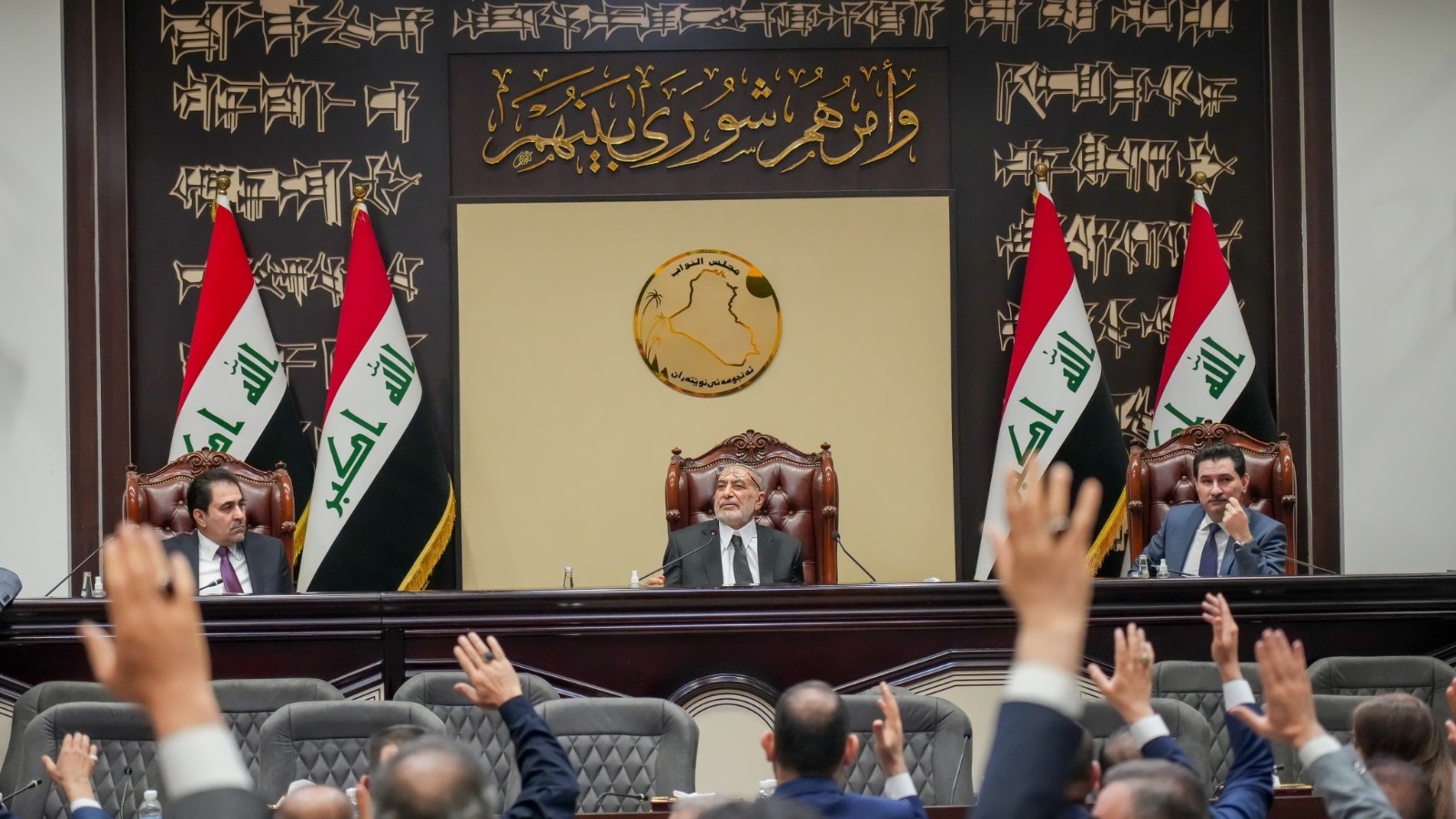The first amendment to the Ministry of Education Law states that double service will be calculated for educators serving in villages and rural areas, along with an increase in professional allowances from 150,000 Iraqi dinars IQD (USD100) to 300,000 IQD.
The amendment was voted on in the Iraqi Parliament on Monday, August 25, with the goal of prioritizing the education sector in villages and remote areas.
Iraqi Parliament Member Najwa al-Kakai told KirkukNow, "The amendment to the law benefits educators and the education sector throughout Iraq, except for the Kurdistan Region (of Iraq KRI). For example, professional allowances have been increased from 150,000 to 300,000 dinars, and the amendment also allows the inclusion of the period of lecturers employed per temporary contrcts provided free service as a retirement benefit."
"Service will be doubled for teachers serving in villages and rural areas, and plots of land will be allocated for educational staff," she added.
Iraq’s education infrastructure is in ruins in many parts of the country; one in every two schools is damaged and needs rehabilitation, says a report by the United Nations Children's Fund UNICEF about education in Iraq.
Many schools operate in multiple shifts due to inadequate buildings and staff in an attempt to accommodate as many students as possible, squeezing the little learning time that children have.
The Iraqi Parliament stated in a press release that "the aim of the amendment is to give education in rural and remote areas the attention it deserves by encouraging educational staff to work in areas far from their homes."
"Providing a suitable school environment for all pupils and students, addressing the shortage of staff in schools located in rural and remote areas, and improving the living conditions of educators."
The Kurdistan Regional Government (KRG) has opened special directorates for Kurdish education in the disputed territories of Kirkuk, Nineveh, and Diyala, which, like its Kurdish counterparts, suffer from a lack of budget for accurate monthly payroll and a shortage of buildings, staff, curriculums, and utilities.
In 2014, Kirkuk teachers and employees employed by the KRG took the case to the Federal Court and filed lawsuits against the Iraqi Prime Minister and the Speaker of Parliament in protest against the refusal to transfer their staff to the federal government, but the court decided on October 15 to reject the request and stressed that the case "is not within the jurisdiction of the court."
According to statistics from the KRG Ministry of Education, there are 14,000 teachers and employees on the staff of the ministry who serve in schools in the provinces of Kirkuk, Nineveh, Diyala and Salahadin.






